MP SPEAKS | I must admit that constituency servicing, one of the key responsibilities of a Member of Parliament (MP), was not something I was looking forward to when I first became an MP.
I was keener to talk about national issues by issuing press statements and through parliamentary debates.
The prospect of pointing at clogged drains and potholes on roads wasn’t really my idea of what an MP is supposed to do.
After more than eight years as an MP, I’ve come to value the experience of constituency servicing, especially when I can now see how these experiences can make me a more effective MP in voicing out national concerns based on the challenges faced by residents and voters in my constituency - and beyond.
Based on my experience, these are the various categories of constituency servicing which I have attended to:
- Welfare assistance
- Public infrastructure - flood mitigation, roads, drains, streetlights, etc
- Dealing with government (appeal letters for schools and university entry, immigration issues)
- Attending events (dinners, gotong-royong, community events, festive celebrations)
- Applications for funding
1. Welfare assistance comes from various sources
I’ve received messages and calls from all sorts of people asking for help, directly and through my office.
Pre-Covid-19, this ranged from assistance to pay medical bills and purchase wheelchairs, to paying rent because of personal emergencies and spousal abuse, to paying for education bills, just to give a few examples.
My office will try to assist wherever we can, but our funds are obviously limited. We often work with NGOs to follow up on some of the more needy cases.
One of the more unique welfare cases my team attended recently was a brother and sister whose mother passed away from Covid-19.
Their father had abandoned them. They live in a small wooden house in Bangi Lama and the entire house was full of trash.
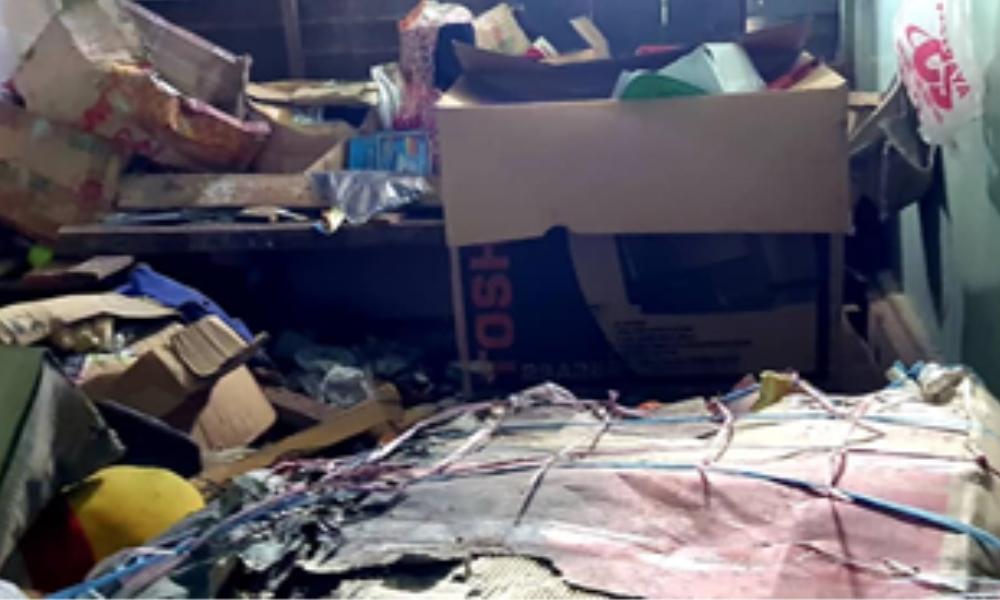
It was a classic case of a hoarding disorder on the part of the mother, and I suspect that the daughter also has the same disorder. My team spent about four hours throwing away two large roro-bins worth of rubbish.
We helped wash the house after all of the rubbish was taken out.
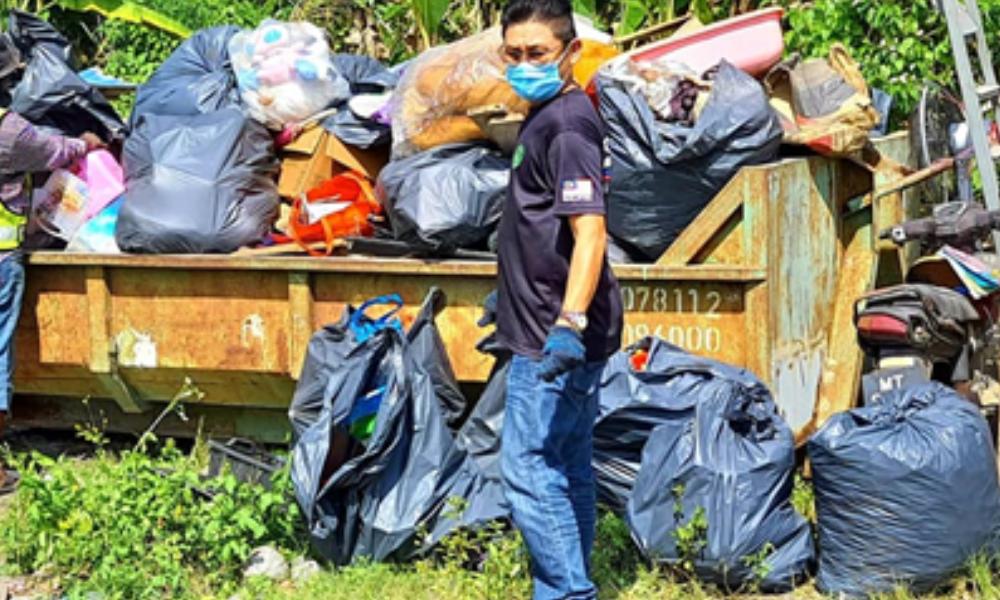
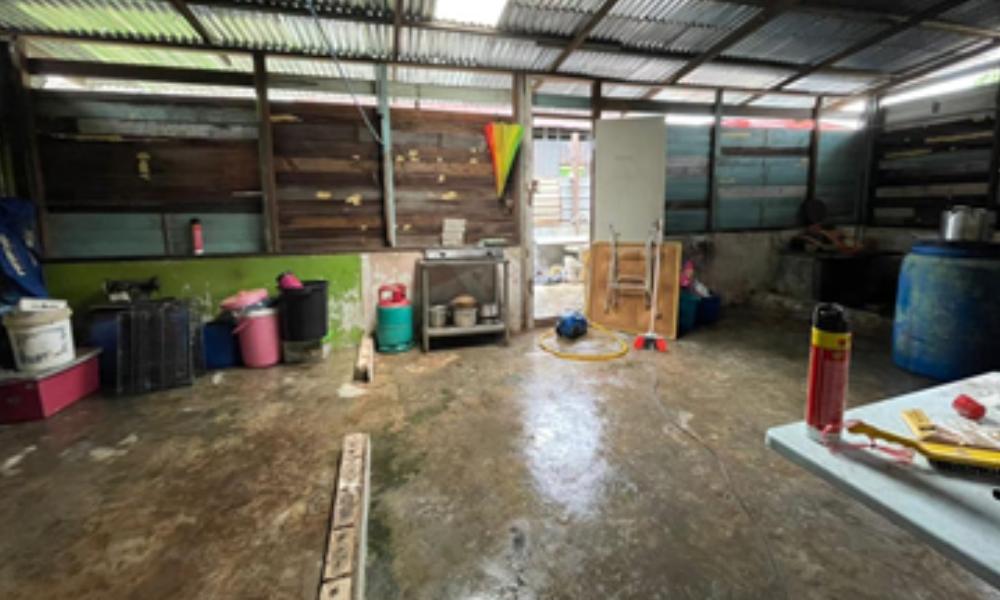
We are still following up on this case and my team just delivered a new washing machine to the house last weekend.
2. Public Infrastructure improvements can be complicated and require close interaction with various government departments and agencies at different levels of government
I am fortunate and thankful that I am an MP in a Pakatan Harapan-led state, namely Selangor.
This means that a lot of the public complaints about public infrastructure such as potholes and clogged drains will be handled by the local councillors.
The offices of the three state assembly representatives under my parliamentary constituency (Balakong, Sungai Ramal, and Kajang) also attend to some of these public complaints.
There have been cases where my team and I had to have a more hands-on approach in addressing some of these public infrastructure complaints. I will illustrate using three examples.
The first was a case of serious flooding in a part of Bandar Baru Bangi where a section of drain broke leading to serious flooding in a number of houses nearby.
I mobilised my team of volunteers - mostly party members - and spent half a day clearing up the drains which were full of mud and putting in a pipe as a temporary replacement to the broken drain.
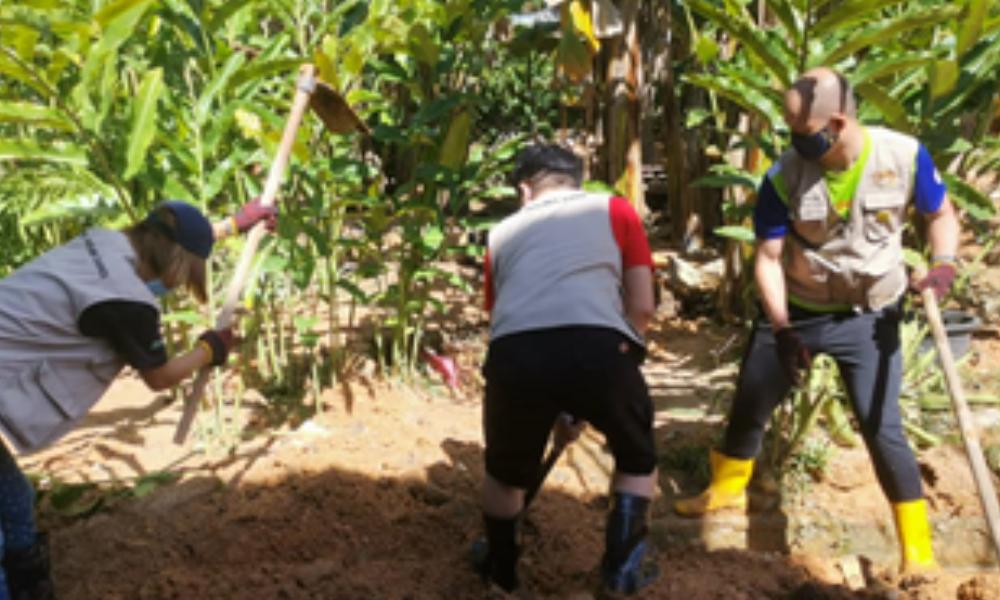
Interestingly, after one of the residents saw what my team and I were doing, he called up one of his business associates who was a backhoe driver to help us clean up the clogged drains. He himself is a contractor.
This showed me that if the residents see the elected representatives mobilising to help the community, some of them will also mobilise their own resources to do the same.
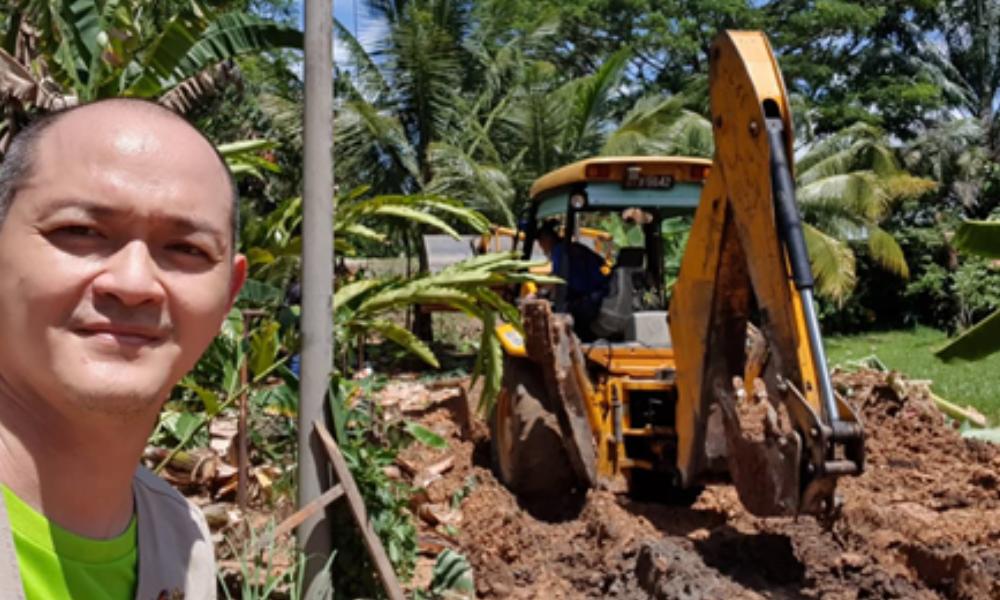
Our actions bought some time for the community since it took a few weeks before the Works Department (Jabatan Kerja Raya or JKR) was able to send supplies and contractors to do an emergency repair of the broken drain.
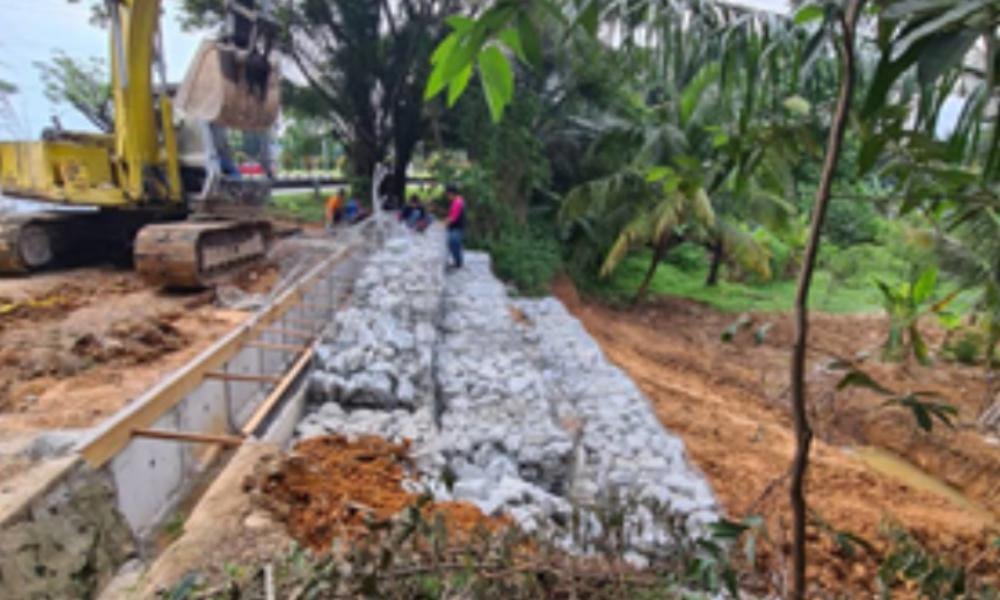
The second example involved soil erosion along the banks of the Langat River in the Kajang area.
During heavy rains, flash floods occur at certain locations along the river where the riverbank is particularly low, and the river water spills over and floods the nearby housing areas.
To better understand why the river was overflowing and causing serious erosion at certain parts, I arranged for a river expedition down a segment of the Langat River.
This 7km trip took about one hour and 15 minutes and I was able to take pictures and videos of places along the river which had been illegally “reclaimed” and occupied.
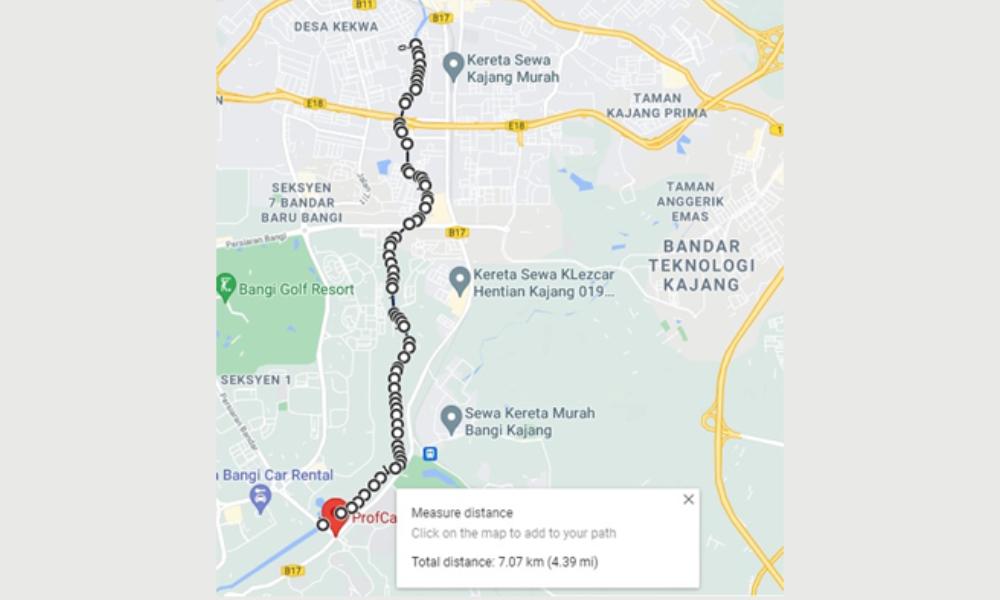
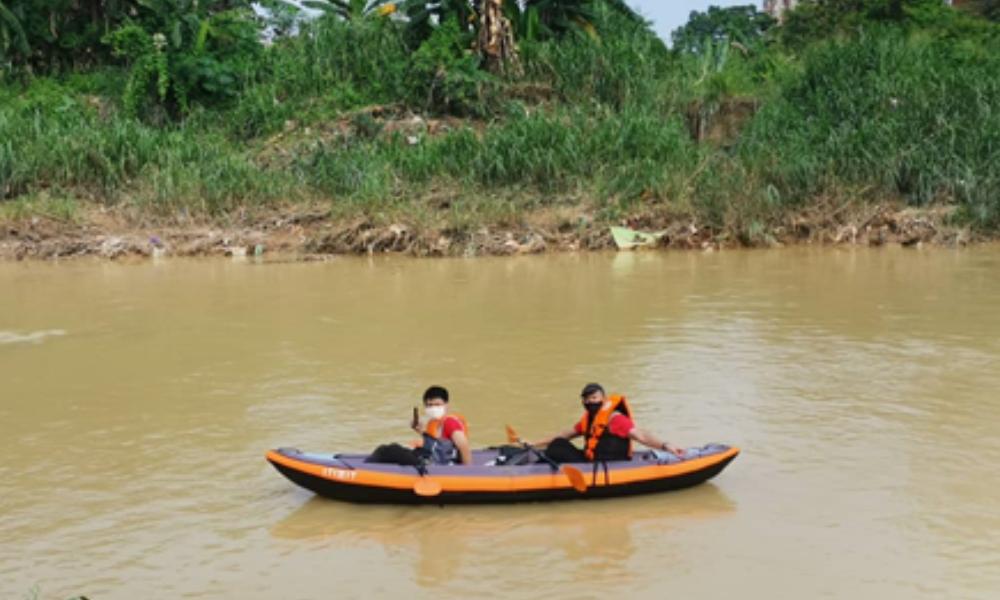
The illegal reclamations were one of the main causes of diversion of the river flow which then causes faster and serious land erosion in places where the river flow has increased.
If you are interested, you can view the full expedition here on Facebook as I live-streamed the entire episode.
My team and I, including my hard-working local councillor, Puan Lily, made subsequent visits to the affected areas and the Drainage and Irrigation Department (DID, also known as Jabatan Pengairan dan Saliran or JPS) has started some flood mitigation works.
We continue to work with JPS, the Land Office, and the Kajang Municipal Council (MPKj) on this matter as the clearing of some of the illegal settlements and structures along the river can be a potentially sensitive endeavour.
My third example of public infrastructure improvements involves the upgrading of a running track in Bandar Baru Bangi which was in extremely poor condition.
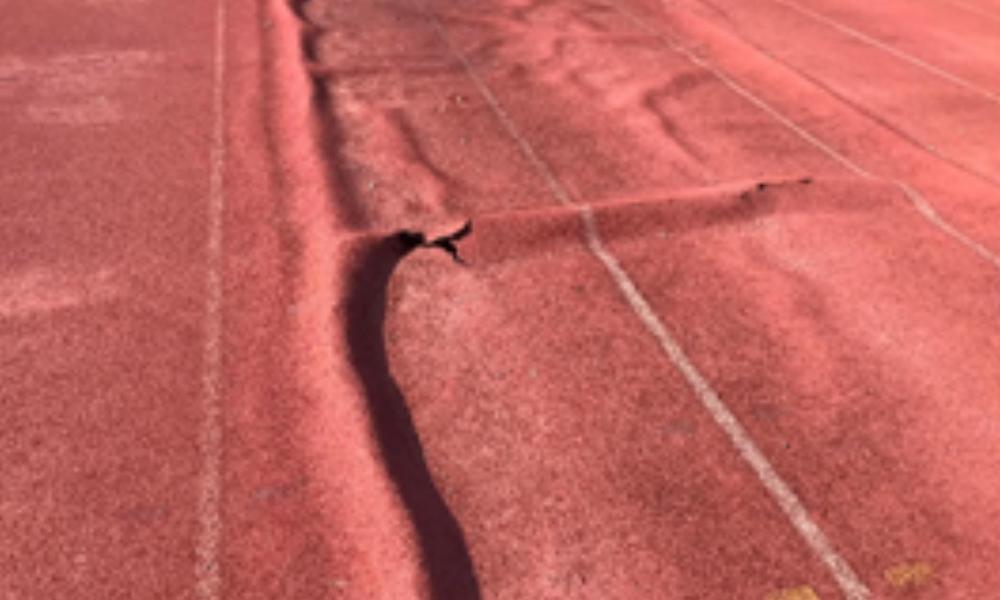
I obtained some funding from the Ministry of Finance to upgrade this track and to install lights around the track so it can be used at night.
I found it difficult to execute this project initially because there wasn’t anyone at the local council, MPKj, with the experience of upgrading this track.
Eventually, my office took charge of the project. We issued the tender notice, selected the best contractor, and had regular site meetings to make sure the specifications of the project were up to mark.
I was fortunate to have completed secondary school in Singapore in athletics and my school had a synthetic 400m running track, so I was relatively familiar with the specifications.
The construction started in August 2020 and was completed in February 2021. It was delayed slightly because of MCO 2.0. The track was opened to the public in April.
As far as I know, it is the only track in Malaysia that is open to the public for free and has night lights that are switched on until 10pm at night (during non-MCO times).
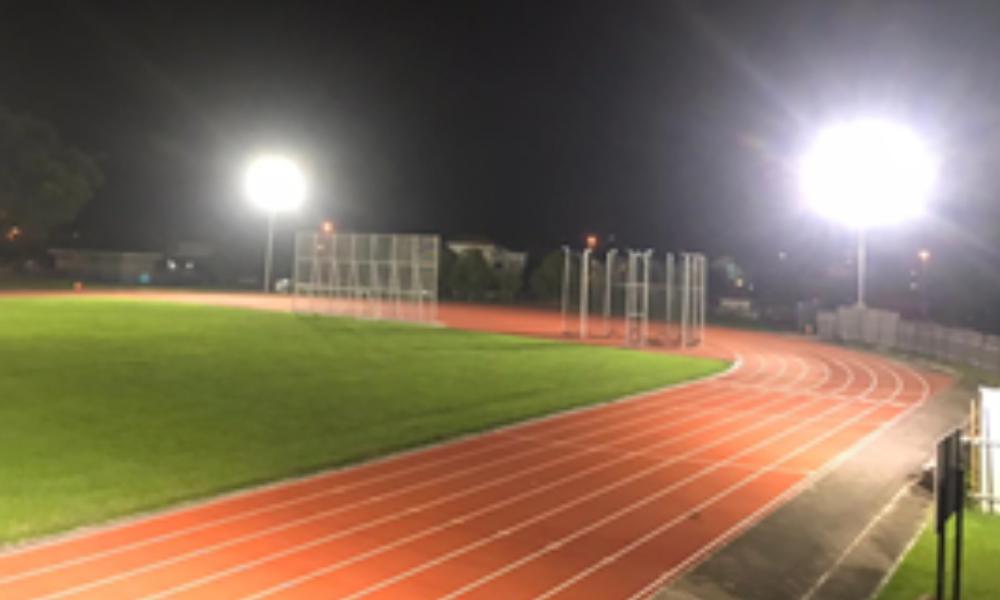
As the cost of the project was under budget, I still have some spare funds which I will use to purchase additional equipment for athletes such as hurdles, starting blocks, pole vaults, and a few other items.
My hope is that this venue can be used to host state and national level competitions for all track and field events including less popular events such as the pole vault, hammer, and discus.
I also hope it can be a venue where state and national athletes can come to train on a regular basis which some of them are already doing.
3. Writing appeal letters to different government agencies is quite common
My office and I receive regular requests to write appeal letters to various government agencies on behalf of voters and residents.
Appeal letters for parents who want to change the school for their kids are something most MPs are familiar with.
Other letters include appeals for discounts for operations and treatment in government hospitals, letters of support for low-cost apartments for their applications to the state and federal governments for funding, and appeal letters for students who did not get their course of choice in a public university.
The effectiveness of these letters depends on the case itself.
For cases that I consider more worthwhile of my attention, I will do personal follow up with the relevant government agency or even sometimes escalate the issue up to the minister or deputy minister of the relevant ministry.
4. Attending events should be more than just showing up and giving speeches
Pre-pandemic, an MP would be expected to attend various events and functions including festive celebrations, dinners hosted by various associations and NGOs, and gotong-royongs, just to name a few.
When I was the deputy minister of the Ministry of International Trade and Industry (Miti), I obviously had more of such functions to attend but for this section, I will only focus on the events I had to attend as an MP.
Most of the time, MPs are only expected to give speeches and announce their financial contribution at most of these events.
Over time, I have seen the need to announce and explain certain Selangor state government policies as many voters and residents seem unaware of them.
When Harapan was in federal power, I would also use these occasions to explain new policies by the Harapan federal government.
Ideally, I would have liked to use these events to obtain feedback and information from the leaders of these organisations, NGOs, and associations to evaluate the effectiveness of current government policies.
I also would have liked to bring up more recent local constituency matters but there usually isn’t sufficient time for this kind of more in-depth discussion to take place.
I would mitigate this by asking some of my local councillors as well as my special officers to attend these events together so they can take in feedback from the ground and alert me on the follow-up steps after these events.
5. Funding applications need to be processed carefully
Every MP receives letters asking for funding on a variety of matters including Joint Management Bodies (JMB) for infrastructure upgrading and NGOs/associations for their programmes and activities.
The challenge for me as an MP is to ensure that the NGO/association that is applying for funding will use the funds in a transparent and effective manner.
This is a learning process over time as an MP finds out which association and NGOs are the ones that are more credible and active.
Usually, I will try to attend the programmes organised by these NGOs/associations to get to know their leaders and to find out how they are using their funds.
I also try to make sure that my allocation is equally distributed among the three state constituencies under my parliamentary area.
At the end of every year, I will usually publish a report on how I have allocated my constituency funding whether it is from the state or federal government.
Covid-19 has obviously changed constituency servicing over the past two years. Public events such as association dinners and gotong-royongs have not taken place since March 2020.
During this time, I have changed the nature of my constituency services to be more Covid-19-centric.
My office and volunteers have conducted numerous Covid-19-related outreach programmes since March 2020 in markets, shopping malls, and via door-to-door outreach.
We were also active in coordinating the free-testing programmes that were being offered by the Selangor state government earlier this year including sending some of my team of volunteers to assist in nearby areas such as Kinrara and Subang Jaya (which received a record 5,000 tests, the highest in Selangor).
For some of the Covid Assessment Centers (CACs) in my area, my office provided additional aircon and fans and even provided some meals to the frontliners who were manning these CACs.
We also received many requests for sanitisation activities from houses, apartments, shoplots, and factory owners once they found someone or a group of people had been diagnosed as Covid-19 positive.
Once the vaccination programme started, my volunteers were stationed at some of the vaccination centers/PPVs to assist with crowd control and we also tried to assist with transportation where possible.
I was also fortunate to be able to work with a very proactive District Officer in Hulu Langat, Najmuddin Jemain, to set up PPVs across different parts of the Hulu Langat district of which Bangi is a part of. He is now president of the MPKj.
I was honoured with the opportunity to be nominated by the Menteri Besar of Selangor, Amirudin Shari, with the agreement of then science, technology, and innovation minister Khairy Jamaluddin, to be part of Operation Surge Capacity (OSC), which was successful in getting almost 100 percent of residents in the Klang Valley to receive at least the first vaccine dose by end-July/early-August.
My bucket list of being featured in the Covidball Z comics was also fulfilled as a result of my contribution to the OSC.
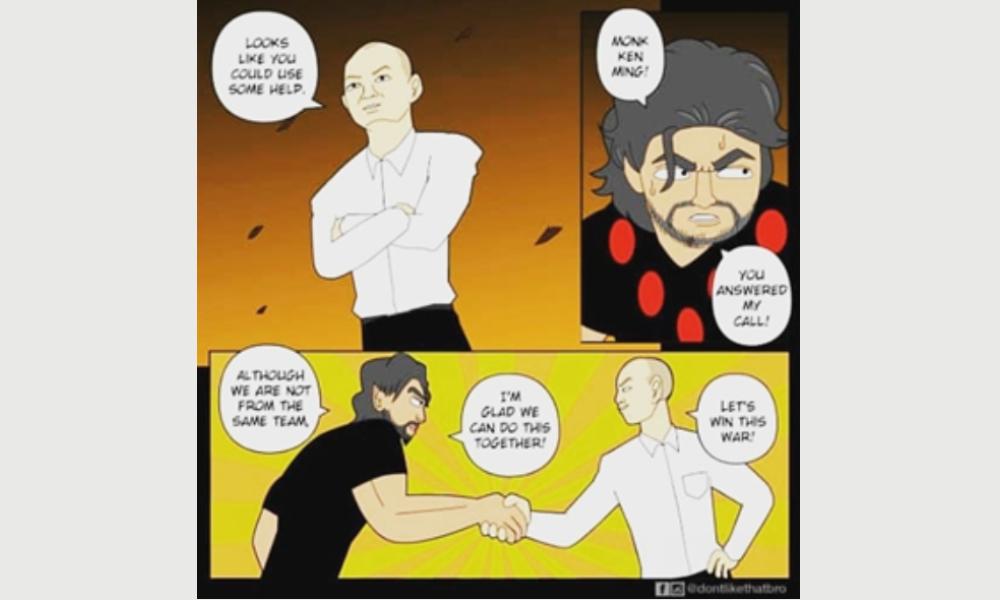
With the completion of the vaccination exercise among adults in the Klang Valley, my team and I have focused on working with the Malaysian Red Crescent (MRC) and the Selangor state government via Selvax to conduct mobile vaccination programmes in areas with a high number of non-Malaysians.
Thus far, we have conducted two mobile vaccination programmes with MRC (368 and 260 doses administered) and one Selvax vaccination programme (350 doses administered) with second doses to be administered soon.
The other Covid-19-related activity in which my office was very active was the distribution of food baskets and fresh food such as chicken, vegetables, and fish.
I was able to visit some low-cost apartments - mostly those without functioning JMBs - which I had not previously visited to do food distribution.
Finally, I was glad for the opportunity to do some pro-bono consulting for SMEs which were badly affected by the lockdowns.
I was very fortunate that a voter in my area who is also a consultant, Fauzan Azmi, was able to quickly mobilise a team of more than 10 pro-bono consultants to assist me in reaching out to more than 30 SMEs who requested for help.
We were able to assist some of them with Wage Subsidy Programme (WSP) applications, thanks to a very pro-active and responsive CEO at the Social Security Organisation (Socso), Mohammed Azman Aziz Mohammed.
We were also able to propose different ideas to SMEs from different sectors of the economy from budget hotels to daycare centers and bitumen manufacturers.
It was indeed an enriching and fruitful experience and engagement for all involved.
There remain many challenges for me in my constituency services and outreach. For one, the number of voters and residents in my constituency makes it difficult for me to reach out and cover all of the tamans and housing areas.
As of Q2 2021, my constituency has 194,000 registered voters, the largest in the country.
If Undi18 and automatic voting were to be implemented, my constituency would increase to 294,000 voters which is twice the number of voters in the entire state of Perlis!
Ideally, a delineation exercise should take place where my constituency can be divided into two constituencies so that the burden of constituency servicing can be shared with another MP.
Thankfully, I have a dedicated team at my office and a group of willing volunteers who can be easily mobilised as and when needed.
I am regretful that my office and I are not able to follow up on many of the individuals who have been given assistance by my office over the past years.
Ideally, this sort of follow up should be done by the relevant government ministry or agency, for example, the Welfare Department under the Ministry of Women, Family, and Community Development.
However, many of these government departments are either understaffed or lack the capacity to conduct this kind of follow up.
As the economy continues to open up and things revert to a more normalised situation, I hope to be able to use my past experience and the contacts I have developed with various government officials as well as the private sector to increase the effectiveness of my constituency servicing efforts.
Please follow me on Facebook if you are interested to learn more about my constituency service activities!
I also want to note, I learned a lot about constituency servicing from the late state assembly representative of Balakong, Eddie Ng Tien Chee.
I don’t think there will be another elected representative who will come close to Eddie’s constituency service record.
I hope what I have done can be an adequate representation of his service to the people.
READ MORE: MP SPEAKS | My role as an MP – Part 1: Advocating parliamentary reforms
ONG KIAN MING is the Bangi MP and DAP's assistant political education director. This is part two of a series by him to explain the roles and responsibilities of an MP using his experience as a reference point.
The views expressed here are those of the author/contributor and do not necessarily represent the views of Malaysiakini.

